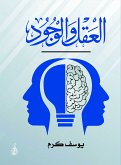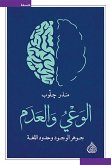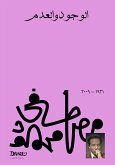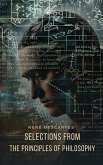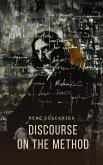This series of classics of philosophy, written and translated, is the most prominent foundation upon which our modern renaissance was based, and upon which previous generations were raised. We are in dire need today to republish these classics from pioneering works and translators for the benefit of our younger generations, especially in light of the scarcity of what contemporary specialists write in philosophy and its various fields, and in light of the absence of a philosophical approach to thinking in our contemporary lives, which was the direct cause of what we see of extremism, fanaticism, stagnation, and lack of understanding. Accepting others and losing the ability to analyze and criticize ideas. *** "The mind is a divine force, or the most divine thing in us. It has the first place among our powers. It understands beautiful, divine things, and its reasoning is the ultimate happiness." (Aristotle: The Book of Ethics, opening of the seventh chapter of the tenth article). "The soul is, in a way, the beings themselves, and that is because the beings are either perceptible or intelligible, and knowledge is in some way the essence of its object, just as sensation is the essence of the sensible, not the objects themselves, so it is not the stone that is in the soul, but rather the image of the stone. Therefore, in the absence of all feeling, it was impossible to learn anything or understand anything." (Aristotle: The Book of the Soul, p. 431b). The rationalist school of thought believes in the Intellectualisme, but the moderate rationalist school of thought also believes in existence and values ¿¿its attachment to it. Plato had previously mentioned some glimpses of it, but Aristotle was its first leader who extracted its basic meanings and logical and metaphysical principles, formulated their definitions, and extracted their results. Islamic philosophers, especially Ibn Sina and Ibn Rushd, contributed to it in clear Arabic. We return to all of them, support their explanations and evidence, and point out the inconsistency of those modern philosophers who have deviated from them.
Dieser Download kann aus rechtlichen Gründen nur mit Rechnungsadresse in A, B, BG, CY, CZ, D, DK, EW, E, FIN, F, GR, H, IRL, I, LT, L, LR, M, NL, PL, P, R, S, SLO, SK ausgeliefert werden.



